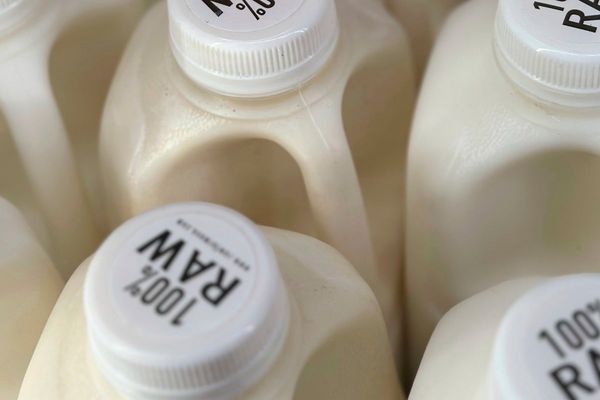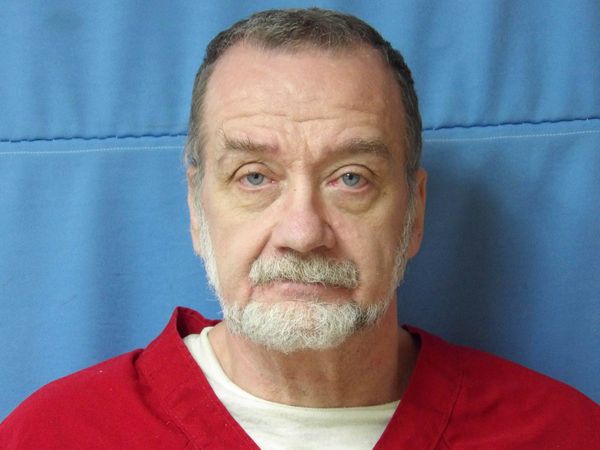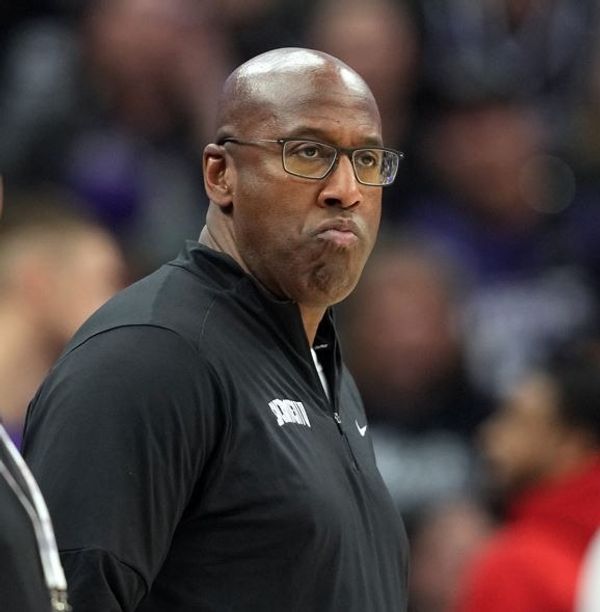
A life-changing IndyCar crash at Pocono in 2018 brought an abrupt halt to Robert Wickens’ top-flight career, just as he had begun to make good on the promise shown working his way up the junior ranks. Prior to his high-speed crash into catch fencing that damaged his spinal cord, leaving him paralysed and confined to a wheelchair, the Canadian had hit the ground running by scoring four podiums and a debut pole position in St Petersburg with Schmidt Peterson Motorsports.
But despite his injuries, Wickens has recovered to race again in touring cars, winning the Michelin Pilot Challenge TCR class in 2023. He also returned to the cockpit of a single-seater for the first time earlier this year with some laps aboard the Formula E Gen3 machine at Portland, with an eye to returning to “elite level” motorsport in the future.
While in the paddock he bumped into old friend Gary Paffett, who Wickens had raced alongside in the DTM during a six-year spell as a Mercedes driver which opened the door for his move into IndyCar. Alongside Paffett, Wickens found himself learning from one of the championship’s very best and he picks the Briton out as his favourite team-mate.
“Gary and I just got on really well, and then my final four years there we were team-mates,” Wickens, now 35, tells Motorsport.com. “We would always share the same driver room, and we just got really close outside of the track on a personal level.”
Paffett, now team manager at McLaren in Formula E, would subsequently add a second title in 2018 to the first he’d earned in 2005 and net 23 race wins across his 15-year career in the DTM that covered its recent competitive peak. Wickens finished a season’s best fourth in 2016, having taken six wins across his tenure in the championship with HWA after learning to trust Paffett’s word completely.
“He was just the most honest and truthful team-mate I’ve ever experienced,” explains Wickens. “I was learning from him and absorbing everything I could. The fact that he was so self-confident, that he didn’t have to hide anything, I just admired so much.

“Once I felt I was able to match him, we had this great dialogue as team-mates. We got to the point where if Gary told me he was flat in the corner, I would do it next lap.”
Apart from trust, Wickens also learned about the unique nature of the DTM, where playing the team game was critical to success against full manufacturer line-ups from Audi and BMW. Drivers competing for the same manufacturer across different squads were obliged to support each other by driving tactically to ensure the best-placed driver from each brand maximised their score, while also taking points away from the leading rival contender.
The need to win races had been paramount for Wickens to progress on the single-seater ladder. Runner-up in the MSV Formula 2 championship in 2009, he made the sideways step to GP3 and again finished runner-up before returning in 2011 to the Formula Renault 3.5 Series he'd previously contested in 2008. This time, he beat Carlin team-mate Jean-Eric Vergne to the crown, opening the door to a seat with Mercedes squad Mucke Motorsport in the DTM.
Wickens was promoted to the lead HWA team for 2013 and took one win each season until the 2016 season when he doubled his tally. But through Paffett, he learned that he could still make a worthy contribution without standing on the top step of the podium every weekend.
"He was just a pro in every aspect and made me realise that winning a race isn’t everything in that scenario"
Robert Wickens
“It always feels good to beat your team-mate, but it was the fact that DTM at the time was a very team-orientated game and as a young, ambitious driver it was hard for me at the beginning,” admits Wickens.
“Watching how well [Paffett] did it and played the team game, he was just a pro in every aspect and made me realise that winning a race isn’t everything in that scenario. You can still make a world of difference for your team and frankly retain your job.
“I was convinced that I needed to win to keep my job because in junior categories I didn’t have money. If I didn’t win or excel in the junior categories my career was likely over, because I wasn’t going to get the next opportunity, so I was always like ‘I have to perform’.
“And then actually realising, 'you’re not going to win this one - how can I still be of value?' That was massive for me. Even though [Paffett] never actually told me that, just by watching how he did it, he was a pro. I learned how to perfect my art as a professional driver from Gary.”








